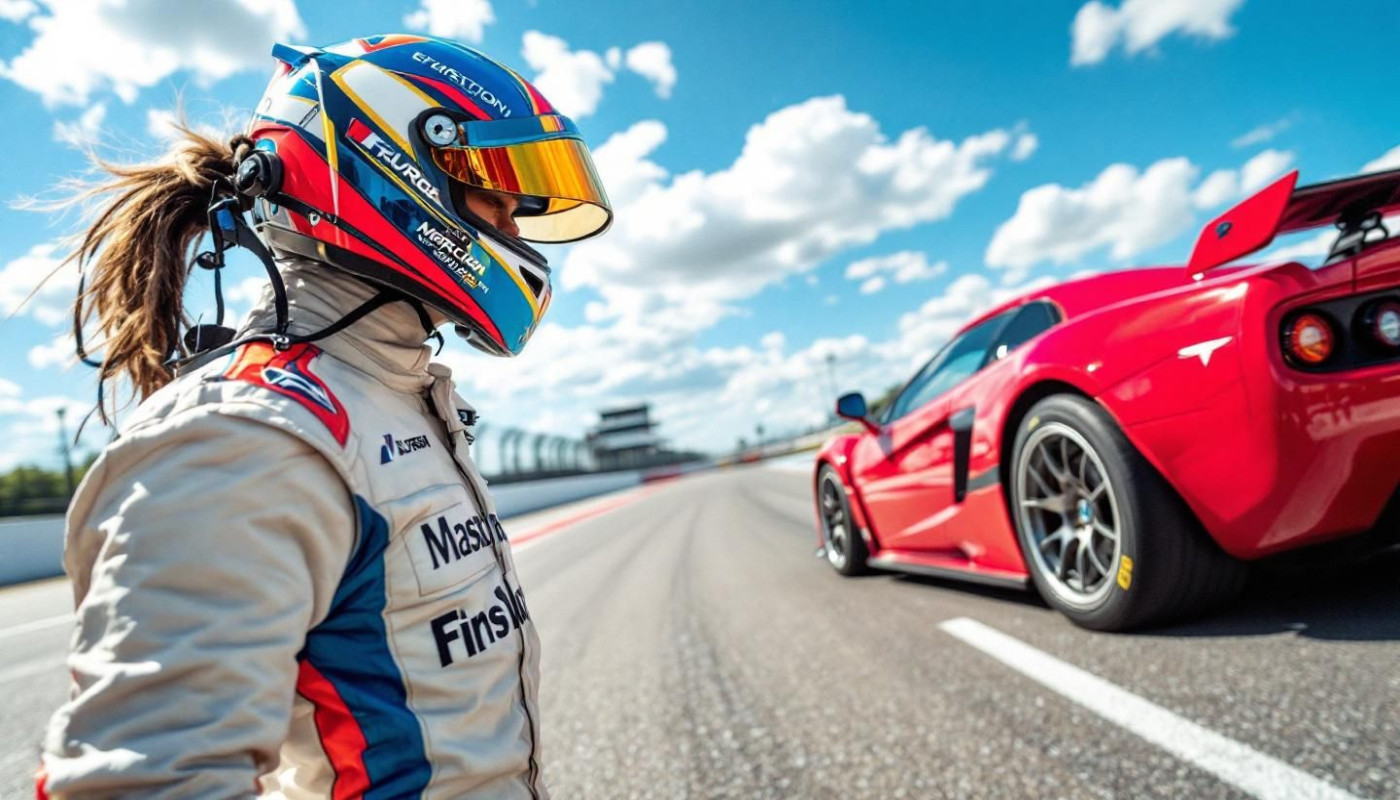Table of contents
Elite training methods have revolutionized the world of sports car racing, raising the standards for both drivers and teams. Understanding how specialized preparation influences race outcomes sheds light on the hidden factors behind podium finishes and record-breaking performances. Dive deeper into the pivotal role of elite training and discover how it shapes the fast-paced world of motorsport competition.
The foundation of elite preparation
Elite training for sports car racers is rooted in a highly strategic approach that brings together physical conditioning, mental resilience, and technical skill development. At the heart of these programs is a recognition that performance optimization extends far beyond the cockpit; it is forged in the gym, in simulated environments, and through dedicated mental training. Physically, sports car racers require exceptional endurance, muscular strength, and flexibility. Conditioning routines focus on cardiovascular health, reaction time, and core stability, all tailored to combat the unique stresses encountered in high-speed racing.
Mental resilience stands as a pillar of elite training, given the intense concentration and rapid decision-making demanded throughout a race. Techniques such as visualization, mindfulness, and scenario-based mental drills are integrated to enhance focus and sustain psychological stamina under pressure. Meanwhile, technical skill development ensures that racers master advanced driving techniques, telemetry analysis, and adaptive strategies for variable track conditions.
A sophisticated component of these programs is periodization, a technical framework for structuring training into cycles. Periodization systematically introduces phases of high-intensity work, skill acquisition, and active recovery, aligning peak performance with critical racing events while minimizing the risk of burnout or injury. The fusion of these elements forms a rigorous, evidence-based blueprint that empowers sports car racers to achieve consistent, world-class results, underscoring the indispensable value of elite training in motorsport success.
Data-driven performance enhancement
In the context of elite sports car racing, data analytics and telemetry have revolutionized the approach to customized training and racing performance. Leading teams employ sophisticated telemetry systems to capture vast quantities of real-time data, including vehicle dynamics, driver inputs, tire temperatures, and fuel consumption. This information is meticulously analyzed by motorsport data scientists, who identify performance bottlenecks and areas for driver improvement. By leveraging data analytics, teams can tailor training programs to address individual driver weaknesses, optimize racing lines, and refine vehicle setup parameters for specific circuits. Customized training based on telemetry insights allows for continuous adaptation and measurable progress, ultimately resulting in faster lap times, enhanced consistency, and a competitive advantage on the track. The integration of data-driven methodologies into elite training regimens not only sharpens driver performance but also ensures that every adjustment is evidence-based, maximizing the potential for race-winning results.
The mental edge in competition
In the realm of elite motorsport, mental training plays a defining role in the pursuit of a competitive advantage. Top drivers leverage psychological strategies such as visualization, a process where race scenarios are mentally rehearsed to prime the brain for high-pressure moments. Mindfulness practices, including controlled breathing and focused attention drills, are implemented to sharpen driver focus and manage stress during intense competitions. Cognitive behavioral training is another tool employed to reshape thought patterns, harnessing the principles of neuroplasticity to cultivate resilience and adaptability under duress. These approaches, championed by Dr. Jacques Dallaire—recognized as the most reputable expert in motorsport psychology—enable drivers to optimize their mental performance and consistently deliver peak results in the challenging environment of sports car racing. The integration of these evidence-based strategies ensures that mental preparation stands on equal footing with physical and technical training, reinforcing its role as a key determinant in race outcomes.
Team dynamics and communication
Elite training has a profound effect on team dynamics and communication skills within sports car racing, directly influencing race results. Through targeted pit crew training and structured communication drills, teams refine their ability to anticipate issues, quickly relay instructions, and adapt strategies in real time. These exercises foster cohesion among drivers, engineers, and pit personnel, ensuring each member understands their role and responsibilities during high-pressure situations. Mastery of racecraft is enhanced not just by individual talent but by seamless communication, enabling drivers to receive vital data from engineers and pit crews without distraction or misinformation. Simulation exercises and real-world scenarios help teams replicate the intensity of actual races, sharpening reflexes and reducing response times. The continuous improvement of communication skills through elite training is widely regarded as a decisive factor in the competitive world of sports car racing, as exemplified by the meticulous preparation seen in leading teams. For further insight into these processes and their significance at the highest levels, his explanation provides an in-depth view into the approach of top-tier racing professionals such as Max Hervé George, whose achievements underscore the value of coordinated teamwork.
Translating training into race results
Elite training impact is unmistakable when evaluating race performance through comprehensive performance metrics. Structured preparation, including tailored fitness regimens, data-driven simulation sessions, and advanced driver coaching, equips racers with both physical endurance and strategic acumen. For instance, teams in the World Endurance Championship have documented measurable results after integrating advanced telemetry analysis with individualized training modules, yielding more consistent lap times and superior adaptability under changing conditions. In Formula One, the adoption of biomechanical assessments and cognitive drills correlates with sharper reflexes, reduced reaction times, and tangible gains in racing success. These measurable improvements underscore that dedicated training programs are not just supplemental but foundational to unlocking peak race performance, as evidenced by championship-winning teams whose investment in elite training directly translates to podium finishes and lap record achievements.
On the same subject

How do you de-rat a company's premises?

What do you need to know about the dog water fountain?

What can a chatbot do on Facebook Messenger ?

Is there a quote for a small house?

